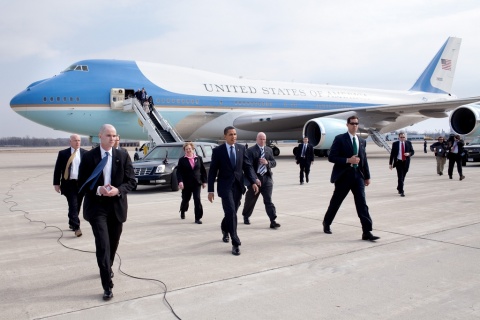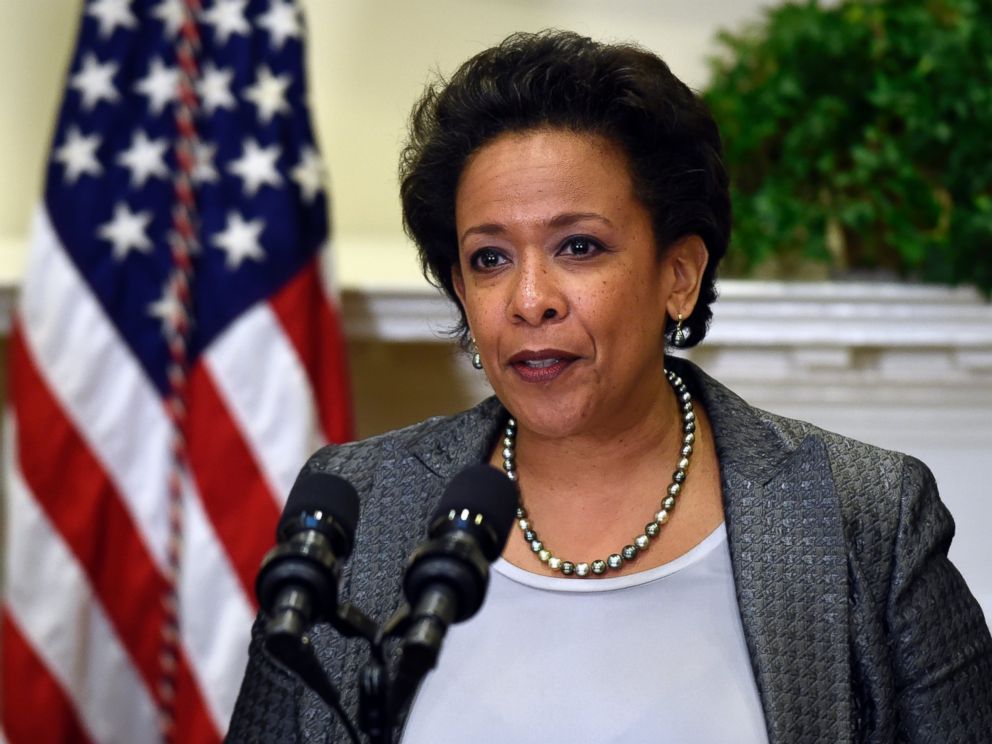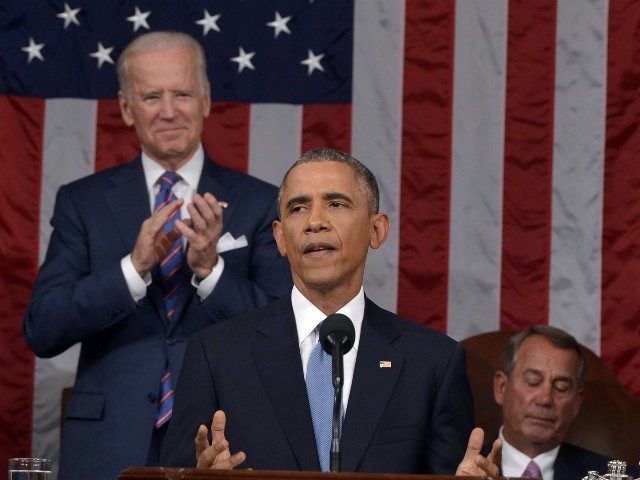On Thursday, eight Republican and Democratic senators introduced legislation that will end restrictions on US travel restrictions to Cuba. This is the first effort Congress has taken in response to President Barack Obama’s move towards normalizing relations with Cuba last month. This bill will end legal restrictions on travel by US citizens and legal residents, while also ending restrictions on banking transactions (related to traveling). So far, there has been strong opposition towards the bill from both parties, but no signs of any new legislation seeking to stop this bill. Hearings on Cuba will be performed in the Senate and the House of Representatives before Congress takes a vote on this bill.
On the other hand, President Obama and Cuban president Raul Castro have started talks with each other in order to achieve the goal of improving relations between the two countries. Last month, both figures announced that they are working towards normalizing relations, but Castro emphasized that any US interference in Cuban internal affairs will make plans of reconciliation meaningless. The United States and Cuba have started negotiations in Havana that include establishing embassies in each nation’s capital. Cuba has also stated that they want to be removed from the US list of state sponsors of terrorism, while the United States wants Cubans to have freer access to the Internet. Additionally, Castro demanded that the US trade embargo should be completely lifted, and that the US should hand back the Guantanamo Bay military base to Cuba. Although the US is still contemplating whether or not to lift the embargo, on Friday the United States said that they will not give back Guantanamo Bay to Cuba as a way to improve relations. President Obama believes the naval base should be kept open, but thinks the prison at Guantanamo Bay can be closed.
Questions:
How do you think Cuba will respond to the United States not giving back Guantanamo Bay? Do you think it will hurt the chances of improving relations?
Do you think it is likely Congress will pass the bill on ending travel restrictions to Cuba? What would be the effects of it on both countries if it were to pass?
Do you think the United States and Cuba will be able to come up with a compromise that'll ultimately strengthen relations between the two countries?




















